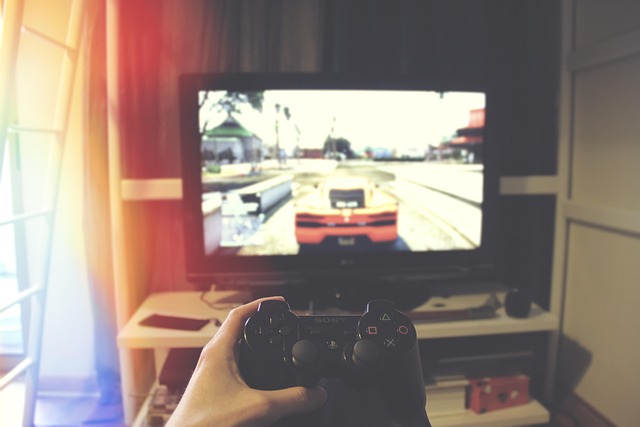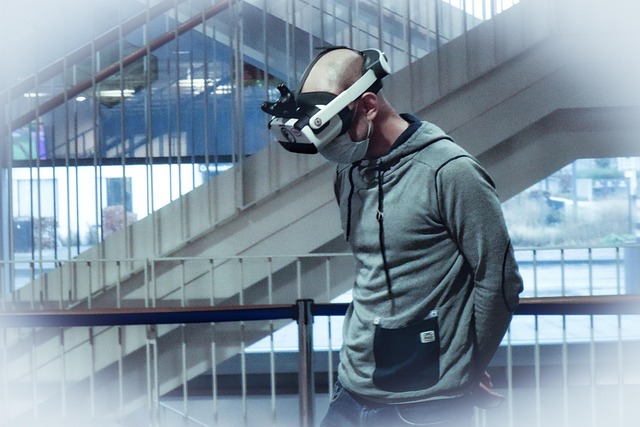The gamer community has undergone a remarkable transformation over the years, evolving from small gatherings in local arcades to massive international events that unify millions of passionate players. At the heart of this evolution lies the shared love for games, which transcends geographical boundaries and brings together individuals from diverse backgrounds.
Initially, gaming was largely a solitary experience. Players would spend hours honing their skills in single-player campaigns or competing in local two-player matches. However, with the advent of the internet, the concept of the gamer community began to shift dramatically. Multiplayer gaming became the norm, allowing players to connect with others from around the world. Platforms like Xbox Live and PlayStation Network paved the way for online cooperative and competitive play, creating hubs of interaction and camaraderie.
The rise of eSports further transformed the landscape, turning gaming into a spectator sport. Major tournaments, often held in stadiums filled with devoted fans, turned players into celebrities and offered opportunities for aspiring gamers to turn their passion into careers. This phenomenon created a new dimension of community engagement, where viewers would gather in person or online, sharing their excitement and opinions in forums and social media platforms. The buzz of the crowd, the intense competition, and the triumphs of their favorite teams fostered a deep sense of belonging among fans.
As the gamer community grew, so did its diversity. Today, it is not uncommon to see gamers of all ages, genders, and ethnicities coming together through a mutual love for gaming. Events like TwitchCon and PAX have become platforms where players can meet face-to-face, participate in panels, and celebrate the culture surrounding their favorite franchises. These gatherings reinforce the idea that gaming is not just about competition; it’s a platform for friendship, collaboration, and shared experiences.
In addition to fostering social connections, the gamer community has also worked to promote inclusivity and accessibility. Developers are now more aware of the importance of diverse characters and storylines, leading to a broader representation in games. Furthermore, initiatives aimed at making gaming more accessible for people with disabilities have surfaced, allowing everyone to enjoy the immersive worlds that video games have to offer.
The influence of the community is also evident in the way gamers interact with game developers. Gamers have a louder voice than ever before, leveraging social media to provide feedback and advocate for changes within their favorite titles. This dialogue has helped shape many games, ensuring that they resonate with their audiences and truly reflect their desires.
As the gamer community continues to evolve, it remains a testament to the unifying power of games and eSports. With each new technological advancement, more players can join in on the fun, fostering a sense of togetherness that was once unimaginable. Whether you’re a casual player or a serious competitor, the joy of gaming connects us all, reminding us that at its core, gaming is about more than just scores and levels; it’s about the friendships, the feelings, and the memories created along the way.


